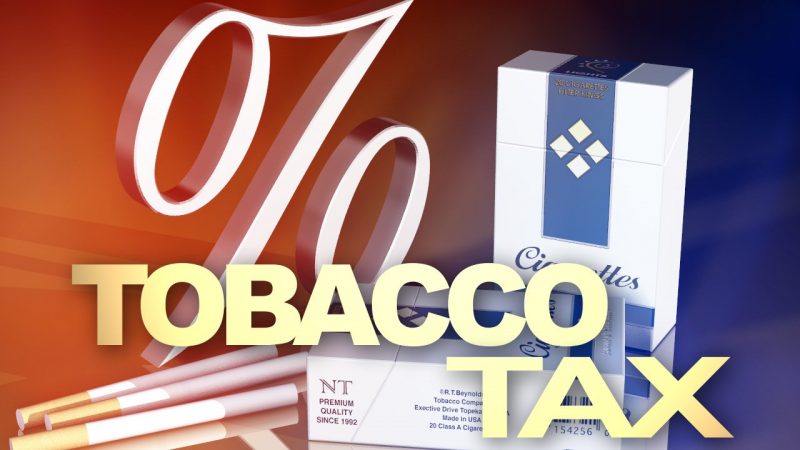With the country’s health and social security agency (BPJS) running a massive debt in rolling out its health insurance program, Finance Minister Sri Mulyani has proposed that the shortfall is covered using the tax generated from tobacco.
“Many people are sick due to smoking, so it’s logical that it should become one of the solutions, meaning using state revenue coming from tobacco products,” the finance minister said, as quoted by Tribun.
The BPJS deficit is reported to reach around Rp 9 trillion (US$664 million) per year. According to the agency, the huge debt is because the premium paid by the government for 92.4 million low-income participants was only Rp 23,000 for each participant, which is Rp 13,000 less than the normal premium.
While the whole of the state revenue from tobacco is estimated at around Rp 14 trillion, the ministry proposed that around Rp 5 trillion could be allocated for BPJS. If the plan gets approval from other related ministries, it would leave a remaining Rp 4 trillion deficit, which Sri Mulyani said could be covered in parts by funding from each of the country’s regions.
“Every region that has members (in BPJS), they should also participate and it can be done through the DBH (profit sharing) excise tax or cigarette taxes themselves,” Sri Mulyani said.
So far the BPJS deficit has covered by the government using the state fund because Law No. 24/2011 stipulated that BPJS income must come from participant premiums and government assistance.




